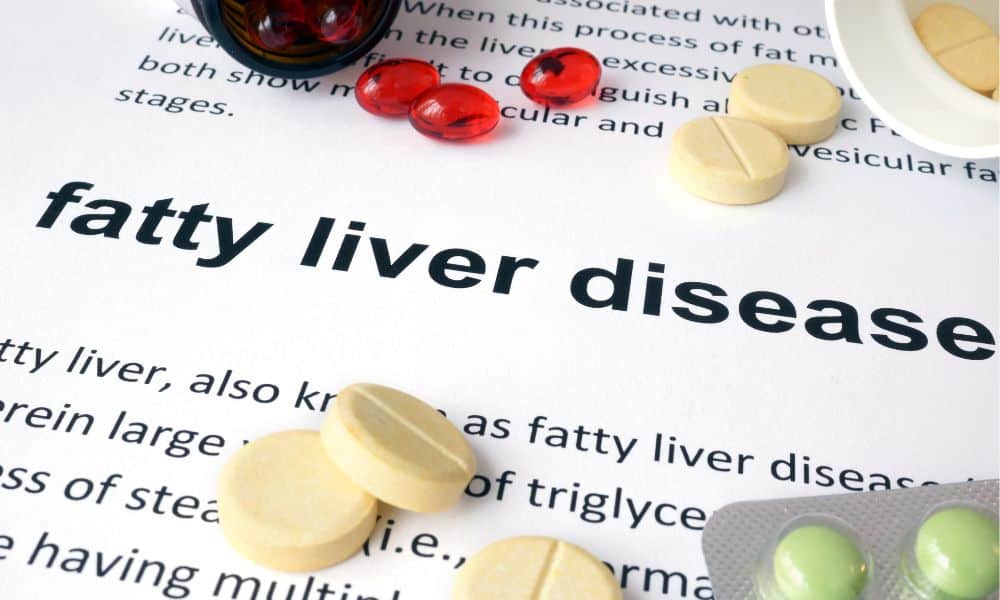In the journey towards weight loss, sleep often plays an underrated role. While diet and exercise are the cornerstones of most weight loss strategies, the importance of quality sleep is frequently overlooked. However, studies indicate a strong link between sleep patterns and weight management. This article delves into the relationship between sleep and weight loss, offering practical tips for improving sleep quality to aid in shedding those extra pounds.
The Connection Between Sleep and Weight Loss
Impact on Hormones
Sleep significantly influences two critical hormones linked to appetite: ghrelin and leptin. Ghrelin, often dubbed the ‘hunger hormone,’ increases with sleep deprivation, leading to heightened appetite. Conversely, leptin, which signals satiety to the brain, decreases with lack of sleep. This hormonal imbalance can result in increased cravings and calorie consumption, hindering weight loss efforts.
Metabolic Effects
Poor sleep can also affect your metabolism. Insufficient rest can lead to a slower metabolic rate, reducing the number of calories burned at rest. Moreover, sleep deprivation can prompt the body to store more fat, negating the effects of a healthy diet and regular exercise.
Impact on Exercise
Adequate sleep is crucial for recovery and performance. Without proper rest, the body’s ability to repair and build muscle after exercise is compromised. This can lead to decreased motivation and energy for workouts, further impeding weight loss goals.
Tips for Improving Sleep Quality
Establish a Consistent Sleep Schedule
Routine is key. Aim to go to bed and wake up at the same time every day, even on weekends. Consistency reinforces your body’s sleep-wake cycle, leading to better sleep quality.
Create a Restful Environment
Your bedroom should be a sanctuary for sleep. Keep it cool, dark, and quiet. Consider using earplugs, eye shades, or white noise machines to block out disturbances. Invest in a comfortable mattress and pillows to enhance your sleep experience.
Watch Your Diet and Exercise
Avoid heavy or large meals within a couple of hours of bedtime. Caffeine and alcohol should also be limited, as they can disrupt sleep patterns. Regular physical activity can promote better sleep, but try not to exercise too close to bedtime as it might energize you.
Relax and Unwind
Develop a pre-sleep routine that helps you relax. This might include reading, taking a warm bath, or practicing relaxation exercises. Reducing screen time before bed is also crucial, as the blue light from devices can interfere with your ability to fall asleep.
Consider Sleep Aids Cautiously
While sleep aids can be helpful, they should be used judiciously and preferably under a healthcare provider’s guidance. Natural supplements like melatonin may assist in regulating sleep patterns, but it’s important to avoid dependency.
Conclusion
Improving sleep quality is a vital, yet often neglected, aspect of weight loss. By understanding the link between sleep and weight management and implementing strategies to enhance sleep, individuals can support their weight loss journey more effectively. Prioritizing sleep is not just about getting enough hours; it’s about ensuring those hours are restful and restorative. By doing so, you’re not only supporting your weight loss goals but also improving your overall health and well-being.
Remember, for personalized advice, especially if you struggle with sleep disorders or severe weight management issues, consulting healthcare professionals is recommended.
Keywords: Weight Loss, Sleep Quality, Hormonal Balance, Metabolic Rate, Exercise Recovery, Sleep Schedule, Sleep Environment, Diet and Sleep, Relaxation Techniques, Sleep Aids




